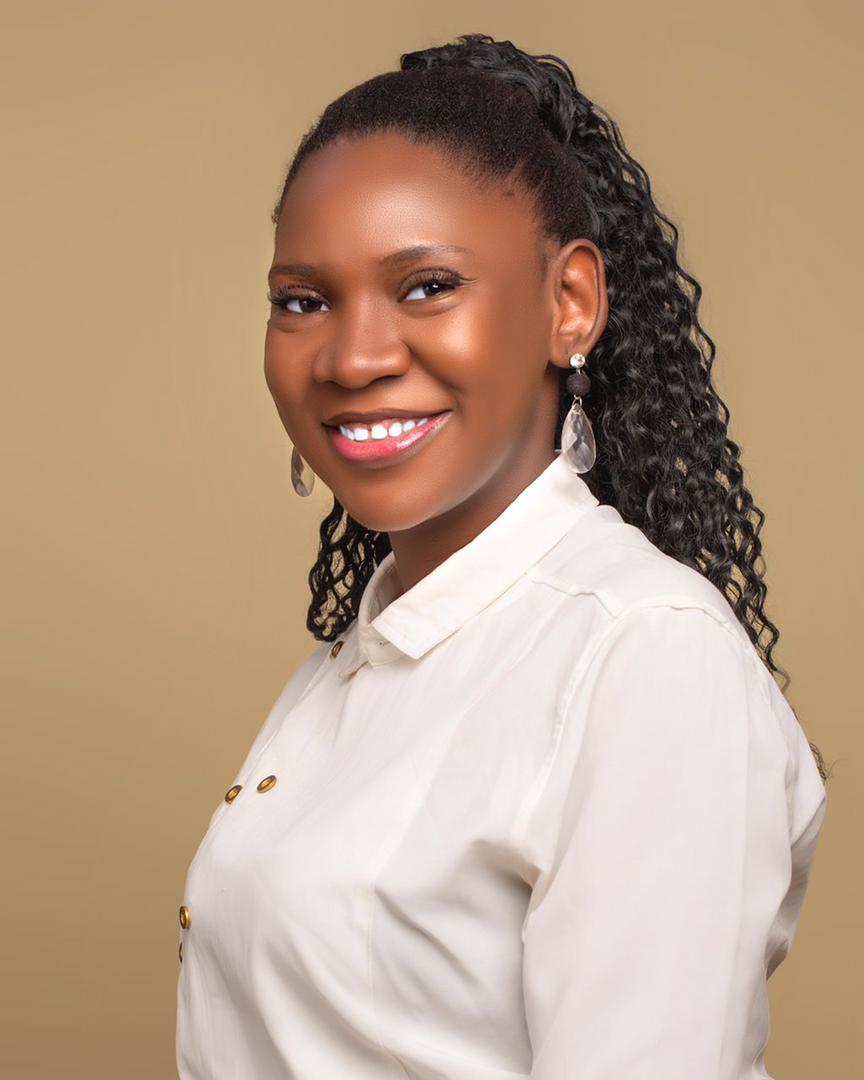On International Day of the Girl Child, the Nguvu Change Leader is intensifying her call for free sanitary pads in schools
As the world celebrates International Day of the Girl Child, the spotlight is on one of the barriers that lie between girls and education: period poverty. In Nigeria, for instance, many girls face quite a few challenges in puberty and, more precisely, the way to deal with menstrual discharges. Several factors act against these girls in Nigeria, including cultural taboos, financial constraints, and a lack of access to sanitary products that greatly hinder school attendance and community activities.
A report by UNICEF Nigeria, titled Education Opportunities for Girls in Nigeria, showed that the lack of decent toilet facilities and proper means for managing menstrual hygiene are among the leading causes of girls not attending school. The problems become particularly salient in rural areas where access to hygiene products is either non-existent or highly expensive.
Nguvu Change Leader Mary Aliyu, on International Day of the Girl Child, is urging all stakeholders in the country to act towards ending period poverty. She believes that access to decent menstrual products is important if the girls are to be kept at school and hence become full contributors to society.
It’s unimaginable, she said, that in modern day, a great number of girls in rural Nigeria use rags instead of sanitary pads during their menstrual cycle. “Many girls can’t afford these important products. Because of that, they have to stay away from school during the time of their menstrual cycle. “The discomfort that comes with unsafe cloth pads and the trauma of being stained in school, deter girls from school during this period”,” says Mary.
She is petitioning that the Ministry of Health and the Ministry of Education in Nigeria work together to provide free sanitary pads for schoolgirls. She called for the local production of hygiene products and the installation of sanitary vending machines in schools and healthcare facilities across the country. Mary’s campaign is not just about access to hygiene products; it’s about restoring dignity and creating an enabling environment for the girl child.
Menstruation is natural; it is part of life, and we must break the silence around it,” Mary insists. “No girl should miss out on education because she cannot afford sanitary products. Every girl has a right to go to school with dignity, whether she is on her period or not,” says Mary.
On this International Day of the Girl Child, Mary’s voice was just one in a sea of calls for change. Her fight for menstrual equity is based on one key fact: if girls do not get the required support, it will mark the loss in their education and future. At a time when the world has woken up to realise the challenges being faced by girls globally, Mary-like initiatives reflect the need for concentrated efforts to rid the world of period poverty and to ensure that not a single girl is forced to lose out on an opportunity to stay in school and rise to her fullest potential.
In this way, fighting against period poverty gives us an opportunity to be certain that we live in a world where menstruation is not an obstacle to receiving education but a common human experience that unites rather than divides.



Leave feedback about this
You must be logged in to post a comment.